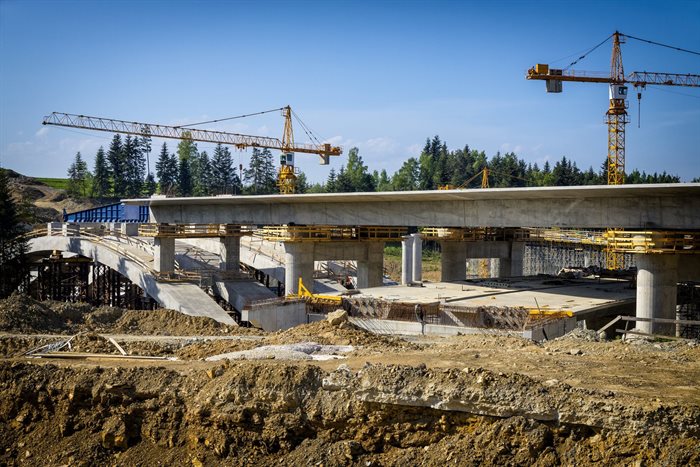
Top stories



ESG & SustainabilitySouth Africa’s carbon tax should stay: climate scientists explain why
Britta Rennkamp et al. 1 hour



More news

















Business confidence increased on the back of better activity. There were already signs of a less constrained environment towards the end of 2022. Statistics South Africa reported a 1.2% annual decline in the real value of construction works in Q4 2022, from a yearly contraction of 3.1% in Q3 2022.
“The survey results point to a further improvement, possibly an annual expansion in construction works during Q1 2023. Importantly, however, is that this comes off an extremely low base,” noted Siphamandla Mkhwanazi, senior economist at FNB.
The higher activity also boosted overall profitability. “Civil contractors have experienced significant profit margin pressure over the past few years. This seems to have eased somewhat this quarter, adding to the more upbeat mood,” Mkhwanazi remarked.
Looking ahead, the availability of work is predicted to continue trending higher. In addition to respondents’ own upbeat expectations for activity next quarter, the rating of insufficient demand for new work as a business constraint – a proxy for order books – fell to its lowest level since 2014.
According to Mkhwanazi, “Anecdotally, there does seem to be an increase in tendering activity in the public sector related to water and road infrastructure in particular. Assuming these tenders are awarded, it will greatly boost construction work over the next few quarters. In the private sector, investment in alternate energy sources is buoyant.”
In addition to the increase in activity this quarter, prospects are looking up for next quarter. “The results strongly suggest that construction work is likely to gather further momentum over the short term. However, it is uncertain if this will materialise to the extent expected given broader economic weakness and the public sector’s poor track record of delivering on infrastructure projects,” said Mkhwanazi.